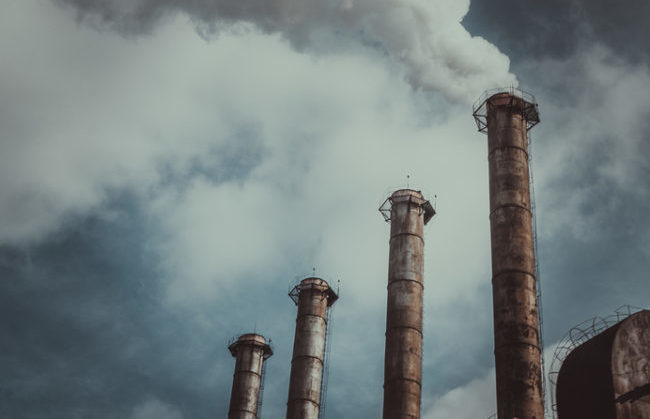Landfills and man-made ponds have been used for decades as dumping grounds for coal ash, which is the byproduct waste left over from burning coal in coal-fired power plants; it is one of the most prolific types of industrial waste generated in the United States. After all, coal is the biggest source of electricity production in the nation. Coal ash though contains a number of known carcinogens and is often stored in unlined pits, creating the potential for environmental and health risks such as increased incidences of skin, lung, and bladder cancers. Recent reports indicate that major utilities at coal-burning power plants have found evidence of groundwater contamination at more than 70 sites nationwide.
From Virginia to Alaska, arsenic and radium have been documented at coal plants. The EPA had previously required plant owners to install test wells to monitor the level of pollutants in groundwater. But recently the Trump administration indicated that it would roll back portions of that program to relieve the industry of compliance costs. U.S. coal plants produce about 100 million tons annually of ash and other waste, much of which ends up in unlined disposal ponds prone to leak.
“There’s no dispute that the underlying groundwater is being contaminated. We see that clearly,” said Duke University professor Avner Vengosh, who has researched the effects of coal ash. Though the professor indicated that “The real question is whether it’s migrating toward people or wells next to (coal plants).” A Catawba Riverkeeper Foundation’s report also indicated that in addition to radium, thallium, a poisonous metallic element, exceeded federal standards at a site in North Carolina — and 18 times higher than the state’s groundwater standard. The report warned that ash storage sites at the North Carolina plant are leaking into surface and groundwater upstream of drinking water intakes for more than one million people in the Charlotte region.
To the contrary, a major energy company’s spokeswoman noted that government-sponsored research has shown most coal ash does not have radioactive elements and that elevated radium levels reported at some plants reflected raw data that had not been analyzed. Further, at one significant site, the spokesperson indicated that the “groundwater near the ash basin [was] actually moving away from neighbors’ wells” and that the company saw “no concerns for nearby drinking wells.” Still another major coal company spokesperson stated that it conducts surface water tests near its facilities and was confident that the groundwater impacts were not having an effect on public drinking water or public safety offsite. Because radium is naturally occurring in rocks and soil, some power companies will determine how much of the radium found at sites is from those sources as opposed to coal ash storage.
Until 2008, coal ash storage and disposal went largely unregulated. It was then that a spill at a power plant in Kingston, Tennessee caused a containment dike to burst and flooding covered more than 300 acres, dumped waste into two nearby rivers, destroyed homes and brought national attention to the issue. And in 2014, an estimated 39,000 tons of coal ash spewed into the Dan River after a drainage pipe running below a waste dump collapsed at a plant in Eden, North Carolina. The toxic sludge turned the river gray for more than 70 miles. But aside from major spills, other issues have been seen in Montana, Alabama, and Virginia. Recently, regulators in Alabama proposed a $1.5 million fine for coal ash pollution from six plants; and in Montana and Virginia groundwater contamination concerns from coal plants have been raised.
Companies have not been oblivious to these issues though. A major coal company in North Carolina has started excavation work at 11 sites and had spent $1.4 billion on such efforts through December 2017. It also plans to spend another $2.5 billion on ash site closures over the next five years.
A public hearing on the Trump Administration’s recent proposed rollbacks will be held on April 24 in Washington, D.C. We’ll report more on these developing issues in the coming months.

